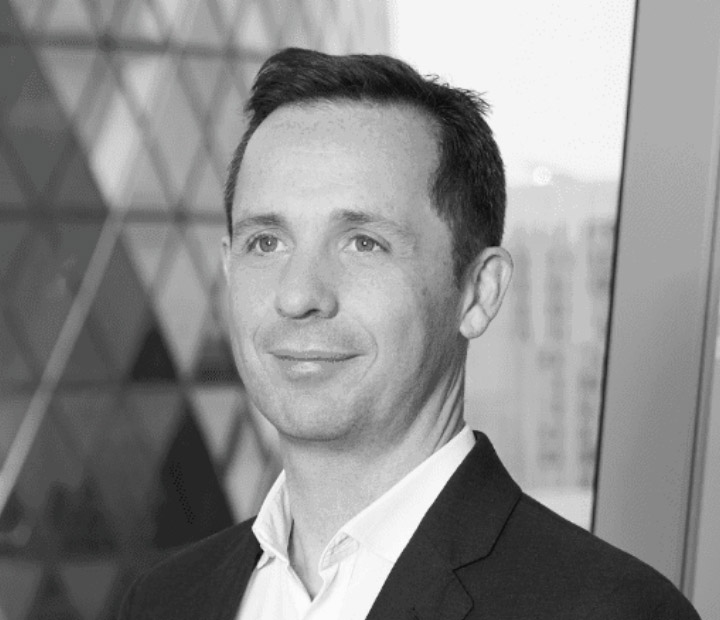



The ODD Blog: Who needs ODD?
The simplest answer to the question “Who needs Operational Due Diligence?” is “Who doesn’t?”
Allocators to investment managers and funds, for example private banks, family offices, wealth managers, pension funds and funds of funds, need to be confident that the structure and operational organisation of the managers entrusted with capital, are sound. Investment managers of hedge funds, private markets funds, crypto funds and indeed straightforward long-only equity funds, require assurance that the core service providers they are working with are also reputable.
Furthermore, all parties in the investment value chain should be certain that their IT systems and processes are protected as much as possible from cyberattacks, phishing, ransomware, and the many other bugbears of the digital world. Last November, Dechert LLP noted: “Our research… showed that privacy and data security is a widespread concern for managers, with 69% of respondents now taking this into consideration when contemplating investments”.
With all this in mind it is not surprising that more and more allocators, investment managers and service providers currently commission detailed Operational Due Diligence (ODD) reviews by experts such as perfORM. The cost of carrying out ODD is very low compared with the potential risks and financial implications of not doing it. ODD has become a key component of the investment process and the value of the assurance derived from detailed research cannot be understated.
New asset classes require new solutions, and it is arguable that the rapid growth in private capital (170% in the decade following 2009 according to McKinsey), and the even more meteoric rise in crypto assets, projected to be US$2.2bn by 2026, have underlined the critical role of ODD within the investment mainstream.
Take crypto as an example. While ODD checks on a hedge fund include verification of the trading processes, risk management frameworks, valuation methodology, disaster recovery structures, and cyber-protection, crypto adds another dimension. A notable risk area for crypto is asset security as many crypto managers have chosen not to outsource custody, which requires detailed ODD examination on a case-by-case basis.
Crypto exchanges also add a further layer of complexity given that, once appointed, these become core service providers, and thus are subject to a range of checks to ensure operational efficiency, durability of structures, transparency, and so on.
ODD knows no geographical boundaries. perfORM, for example, has recently been tasked by a wealth manager in Oregon, USA, to undertake a review of an investment manager in Southeast Asia. We anticipate further transnational mandates as recognition of the key role that ODD plays in the investment process continues to expand.
In summary, and to come back to our initial question of who needs ODD, any allocator who wants to ensure that they are fully aware of the non-investment risk posed by their prospective, and existing, investments, should be carrying out sufficient ODD.
To find out more or if you have any questions, please contact Quentin directly.

